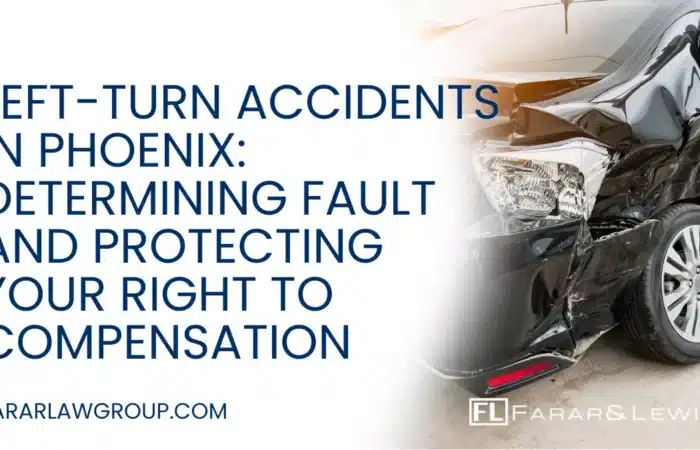If you’ve been hurt in any type of automobile related accident and you’re attempting to make a claim for any injuries sustained in the accident to the adverse party’s insurance company, it’s only a matter of time before medical records will be requested. The medical records are proof of the physical damage after all. However, should you release your medical records to another driver’s insurance adjuster? The answer is no, it isn’t ever advisable to take on this process on your own.
If you’re trying to settle the case yourself, you will be forced to eventually release your medical records to another driver’s insurance adjuster. However, this path isn’t advisable because you’re providing the insurance companies information that will allow them to help build their case early on so that they can find a way to minimize your damages. An insurance adjuster’s task is to settle for the least amount of money. So if this process isn’t handled with care and expertise, you can lose out on the claim you deserve.
Insurance adjusters work in various capacities for insurance companies by investigating accidents, advising the insurance company of liability, determining the proper amount of compensation, and negotiating along with settling claims for the accident victims. Adjusters fall into three different types: independent adjusters who are freelance adjusters, public adjusters who directly offer their services to citizens, and claims adjusters who are full-time employees of insurance companies. If you’re dealing with a claims adjuster, you may have to involve yourself with three different divisions of the insurance company.
The details that will need to be provided are extensive, including:
- All records of medical bills relating to the accident
- Medication expense records
- Providing proof of any lost wages
- Any invoices dealing with car repairs
- Any miscellaneous expenses incurred by the accident
On top of this, it’s imperative to keep the adjuster frequently informed of any other costs.
It’s also important to note that information such as your medical records are confidential. And when released, they offer the ability for that private information to be compromised or exploited in any way that can be used unfairly. That is to say, if medical records are given incorrectly or to the wrong party, the outcome for your case could be harmful or disastrous because you can never know if your private medical information will be used in a manner that has been twisted to destroy any opportunity for you to receive compensation. It is highly likely that the adverse party’s insurance adjuster will try to blame some portion of the accident on you, unless your car was struck in the back.
While it is true that medical records in the end have to be handed over to the adverse party, there is a correct way to release this information to ensure that your privacy and safety is maintained. When the medical information needs to be handed over to an insurance company, it’s prudent that the information be conveyed in the right, legal way with an experienced personal injury lawyer who will know how to correctly and thoroughly make use of the information for you. Personal injury attorneys are skilled negotiators who are trained and experienced in handling this type of negotiating and communication.
What If An Insurance Adjuster Contacts You?
In the case that your medical records are requested by an insurance claims adjuster, it is still not advisable for you to release your medical records on your own for the same reasons above. It’s commonly thought that when insurance claims adjuster contact you, it’s because a claim is immediately ready to be settled, but that isn’t not the case. Insurance adjusters won’t automatically pay your medical bills just because they’re requested your information.
Because of this long and complicated process, it is in your best interest to contact a personal injury attorney to handle the medical records and the case with expertise instead of handling this on your own. A lawyer is highly trained professional experienced in this field and will provide crucial differences in how the claim will be handled in your favor. One small misstep on your own can mean devastating losses on your claim.


